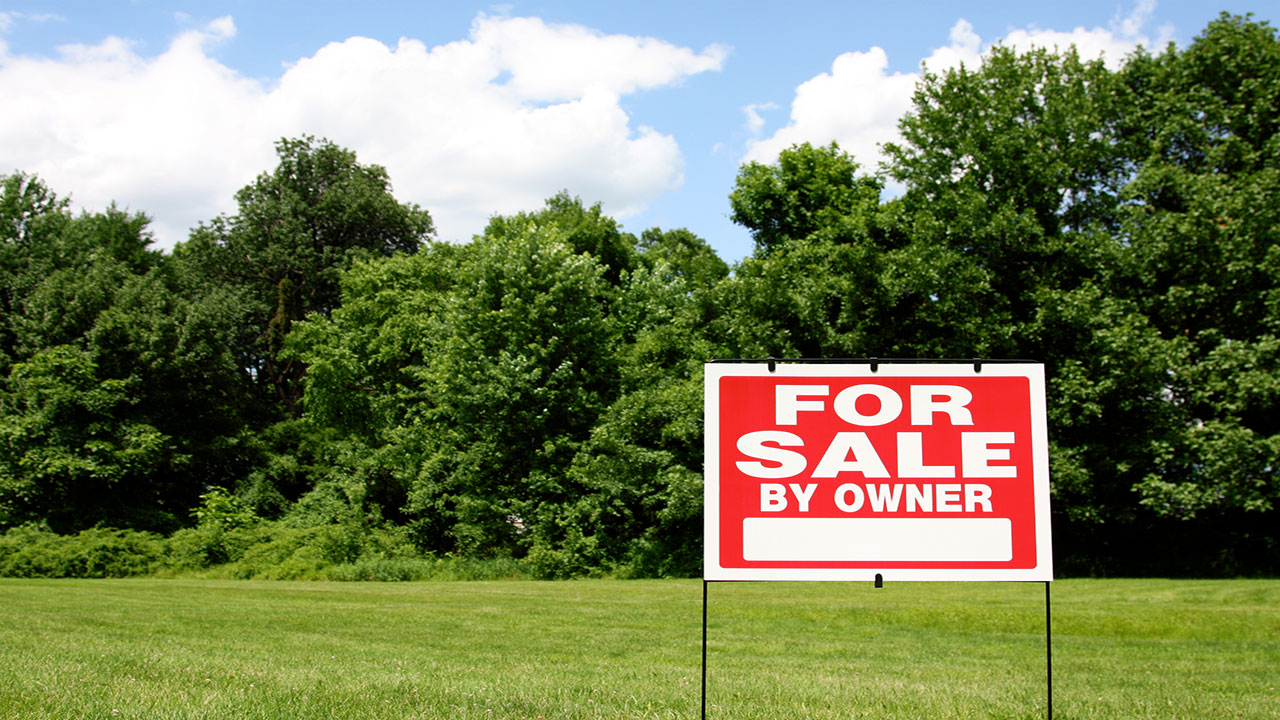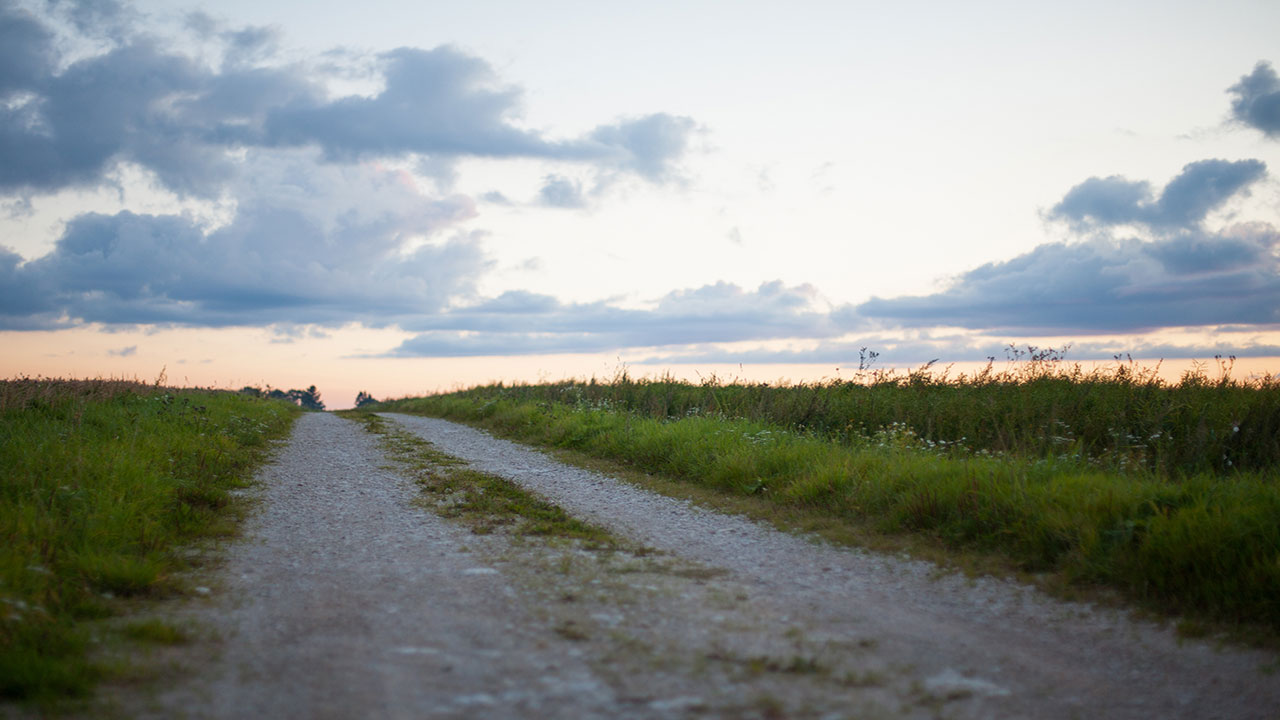Tips For Buying a Rural Home

City dwelling definitely has its perks. There are plenty of employment opportunities around, amenities are within close proximity, and entertainment is usually pretty vibrant.
But there’s something alluring about living far outside the city limits that might have you contemplating a change of pace. Perhaps you’re looking for more space, a little less noise, and definitely a lot less traffic. Whatever your reason is for going rural, there are some things you should contemplate first before making the move.
Here are some tips for buying a home in the rural outskirts.
Look Into Specialized Mortgage Products

There are different mortgage products available for different types of buyers and properties. Since you’re considering buying a rural property, there may be mortgage products out there specifically for this type of real estate.
More specifically, look into USDA financing options. The USDA – or the United States Department of Agriculture – offers loan products for those looking to buy in rural areas.
These types of mortgages have specific criteria that both the borrower and the property must meet. USDA mortgages are actually pretty popular among buyers who purchase rural properties. Be sure to work with a lender who is familiar with these products and is able to explain them in great detail before you decide to go with this product.
Decide on an Exact Location
There are different options in terms of exact locations when searching for a home in a rural area. For instance, do you want to have vast open land, or would you prefer a wooded lot? Do you like the idea of backing onto a creek, or do you like the idea of completely dry land better?
Before you start looking around for a rural property, think about the type of setting you’d like to have with your land.
Determine the Size of Land You Want

Not only is the lot’s setting important, but so is the amount of land that you want. Just because you’re buying in the rural outskirts doesn’t mean that you’ll be sitting on acres and acres of land.
While that might be exactly what you want, there are other options. In addition to acreage, you can look at homes that sit on smaller parcels of land, depending on your needs and desires. Lot size is certainly an important factor to decide on before you start house hunting.
Consider the Utilities
Unlike the city where homes are serviced by sewer systems and trash is collected by the city, rural properties don’t get this type of attention. Instead, you’ll be looking at septic systems, well water, or oil/propane heating. Make sure that whatever type of system services the home, it’s adequate enough.
For instance, is the septic system able to accommodate the size of the home and all the occupants who will be living in it? Septic systems are only able to handle a certain number of people living there. Similarly, make sure the well water system is appropriate and the water quality is adequate.
Find Out if the Road is Private

Determine whether or not the road that the property abuts is private or not. If it’s owned by the city, then you won’t have to worry about maintenance. But if it’s a private road, then the responsibility lies on you. Consider the time and effort this will require, as well as the expense.
Hire an Agent With Experience Buying and Selling in Rural Areas
Buying a rural property is somewhat different than buying a home in the city. There are clearly additional factors to consider that you wouldn’t have to worry about when buying in an urban center.
Considering all the nuances involved in buying a rural property, it would be in your best interests to make sure that you hire an agent who is well-versed in the purchase and sale of these types of properties. Without a seasoned agent in your corner, you won’t know about any documents or legal issues that may need to be a part of the real estate contract.
The Bottom Line
Buying a home in the rural parts of town can afford you with plenty of space, a lot less pollution, and more peace and tranquility. But there are a few extra details that come with the purchase of a rural real estate that you should be familiar with before you begin your search. Make sure you understand what these are so you make the right move.










